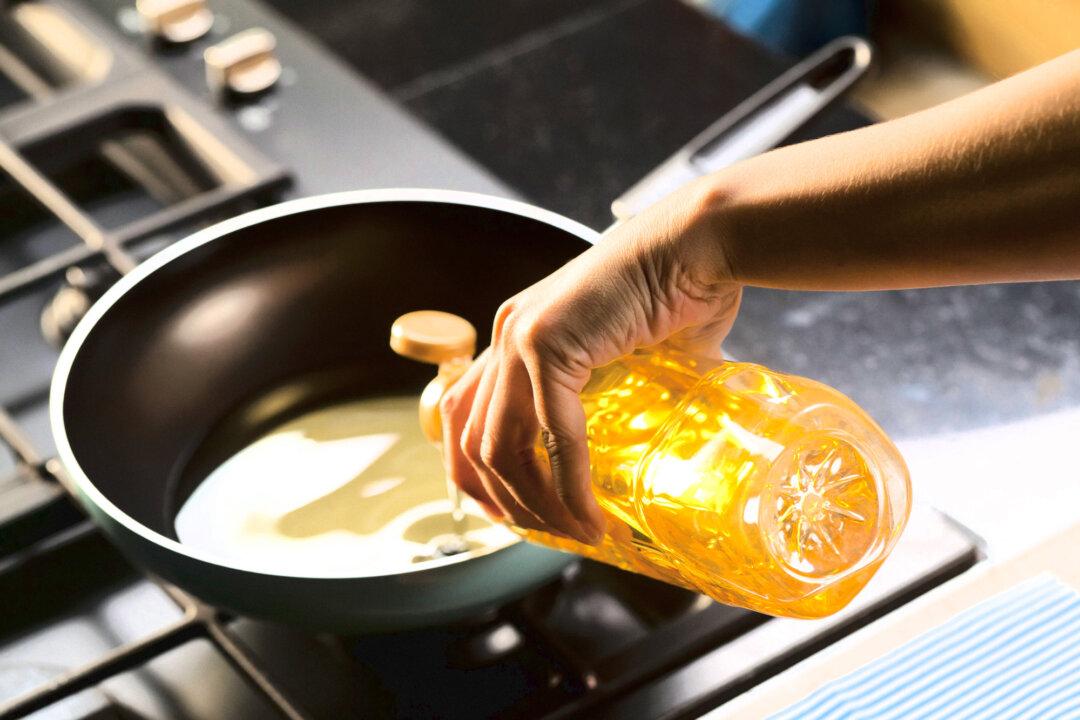Researchers may have uncovered a health secret hiding in plain sight.
Reduces Levels of Compound Linked to Heart Risk
In a study published in the Journal of Agricultural and Food Chemistry, scientists examined the effects of an orange extract on compounds linked to heart disease, suggesting that orange peels may be repurposed as a natural health supplement or food ingredient.Trimethylamine N-oxide (TMAO), a compound linked to an increased risk of cardiovascular disease, can build up in the body, and too much of it can increase the risk of heart problems. But the extract from orange peels can reduce the amount of TMAO that gets produced.
Trimethylamine (TMA), another compound linked to higher risk of heart problems and produced when the body digests red meat, is made by tiny organisms called gut microbiota that live in the stomach. The orange peel extract makes it harder for these microbiota to produce TMA.
The researchers tested the production of TMAO and TMA using two types of extracts: polar and nonpolar fractions. (The polar fraction includes anything that dissolves in the water or vinegar part of the mixture, while the nonpolar fraction includes anything that dissolves in the oil part of the mixture and stays away from the water.)
Foundation for New ‘Functional Foods’
The discovery is significant because millions of tons of oranges are produced annually, with most peels discarded as waste. The U.S. Food and Drug Administration (FDA) considers natural orange peel extracts safe for human consumption.Orange peels can be repurposed into valuable health-promoting ingredients, according to Ms. Wang.
“Our research paves the way for developing functional foods enriched with these bioactive compounds, providing new therapeutic strategies for heart health,” she said in a statement.
The research also sheds new light on the previously unrecognized health potential of feruloylputrescine, the compound found in the extract’s polar fraction. Some research suggests that feruloylputrescine may play a role in heart health due to its antioxidant and anti-inflammatory properties.
The Benefits of Orange Peels
Orange peels are nutrient-dense and rich in antioxidants, vitamins, minerals, and fiber.They contain phytochemicals that protect cells from damage, reduce inflammation, and defend against DNA damage, Stephanie Schiff, a registered dietitian and nutritionist at Huntington Hospital in New York, part of Northwell Health, told The Epoch Times.
Orange peels contain antioxidant vitamins C, A, and E. They also provide calcium, potassium, folate, magnesium, and fiber, which contribute to overall health, she noted. They contain four times more soluble and insoluble fiber than the fruit itself, according to Ms. Schiff.
People can incorporate orange peels into their diet in various ways.
“You can dry out your orange strips in the sun or in an oven and blend them into a powder to add to shakes or smoothies,” Ms. Schiff said.
“You can cut orange peel into strips and add it to fruit or vegetable salad.”
You can also brew them into tea.
However, she cautions against consuming excessive amounts, which may cause digestive discomfort, and suggests starting slowly.







